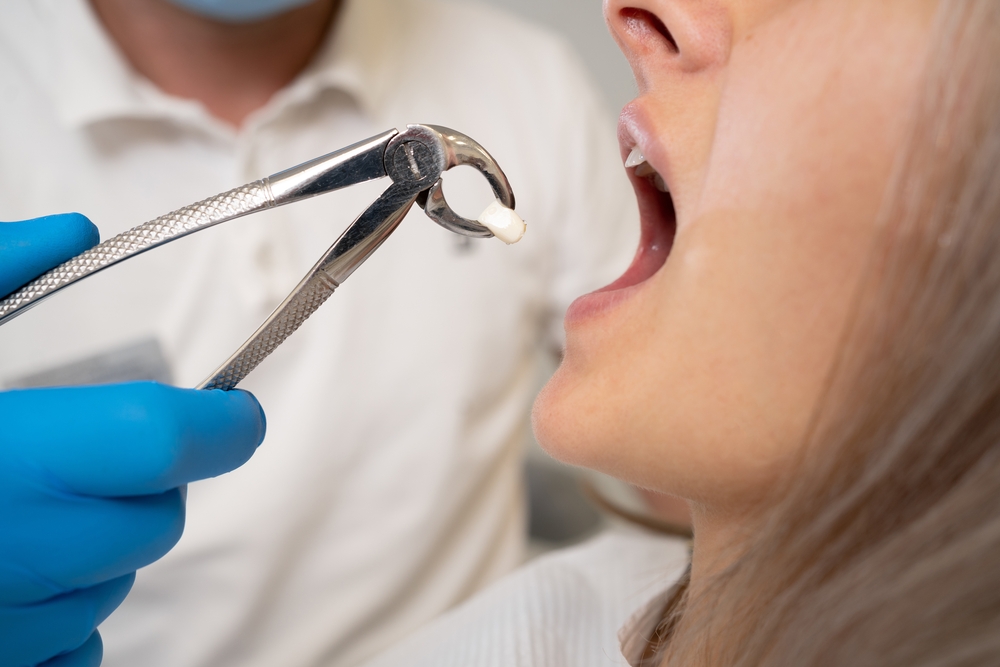
Having teeth pulled is routine dental care, and the majority of patients want to know if it’s safe to have it done by their general dentist. Yes, generally speaking, general dentists are more than capable and equipped to do routine and even urgent extractions. There are many great options for a reliable dentist in Bowmanville, so knowing the process and when to seek out treatment is helpful.
What Are the Most Common Reasons for Tooth Removal?
There are a variety of common causes of tooth extraction, including:
- Severe cavities or infection
- Serious infection in the gums
- Crowding for orthodontic purposes
- Broken or cracked teeth that can’t be repaired
- Wisdom teeth stuck under the gums
A general dentist can evaluate the case and say if the extraction is needed or if the tooth needs to be preserved with other interventions.
When Should You Seek Emergency Tooth Extraction?
Some situations may call for an emergency tooth removal, particularly when there is severe pain or infection. You need to visit a dentist near you if you notice:
- Intense tooth pain or puffy gums
- Pus infection or fever
- Loosened or cracked tooth from trauma
This is performed in a hurry to prevent complications and accelerate healing.
Where Should I Have My Tooth Removal Done?
A common query is, “Where do I get my tooth removed?” For the majority of occasions, you can attend a general dental surgery. Dentists are also trained to:
- Give local anesthetics.
- Employ sterile equipment
- Check your comfort and well-being during the procedure
However, for a complex extraction (such as impacted wisdom teeth close to nerves), you may be referred to an oral surgeon.
Are General Dentists Qualified to Perform Tooth Extractions?
Yes. A general dentist in Bowmanville can perform both simple and more complex extractions. They can handle most situations in their clinic and will be sure to provide the proper post-care instructions to assist the healing process.
Dentists can also administer sedation for nervous patients, which will assist in making the visit more relaxing.
What Happens During the Tooth Extraction Process?
This is what you can generally anticipate:
- Examination and X-rays
- A local anesthetic to numb the area
- Loosening the tooth with dental instruments
- Careful extraction of the tooth
- Application of gauze to stem bleeding
You’ll have aftercare instructions like:
- Avoid smoking and straws for drinking for 24 hours
- Soft foods
- Applying cold packs to minimize swelling
What Is Recovery Like After Tooth Extraction?
Recovery usually takes a few days. Mild swelling and discomfort are normal. To help with healing:
- Follow the steps your dentist shared with you
- Take prescribed or over-the-counter pain relievers
- Rest and avoid heavy activity
Most patients resume their normal routine within 48-72 hours, especially after routine tooth extraction in Bowmanville.
Get Professional Guidance for a Stress-Free Extraction!
When tooth extraction comes into the scenario, there is confidence. When you’re in pain or getting ready to start orthodontic treatment, Liberty Dental Centre provides safe, skilled tooth extractions to help your comfort level return to normal. Schedule your appointment now and let us take care of it with care.
FAQs
- Is it painful to have a tooth extracted?
No, pain is blocked by local anesthesia. Subsequently, some minor discomfort is usual and tolerable.
- Can I drive myself home from the extraction?
Yes, if only local anesthesia is employed. If sedated, have someone drive you home.
- How do I know that I need to have a tooth extracted?
Your dentist will check your tooth and potentially take X-rays to determine whether or not you need the wisdom tooth extracted.
- Can general dentists extract wisdom teeth?
Yes, unless highly impacted. Hard ones are referred to a specialist.
- What are the signs of a dry socket?
Pain at 2-3 days, halitosis, or an empty socket. Have your local dentist call them if these develop.






